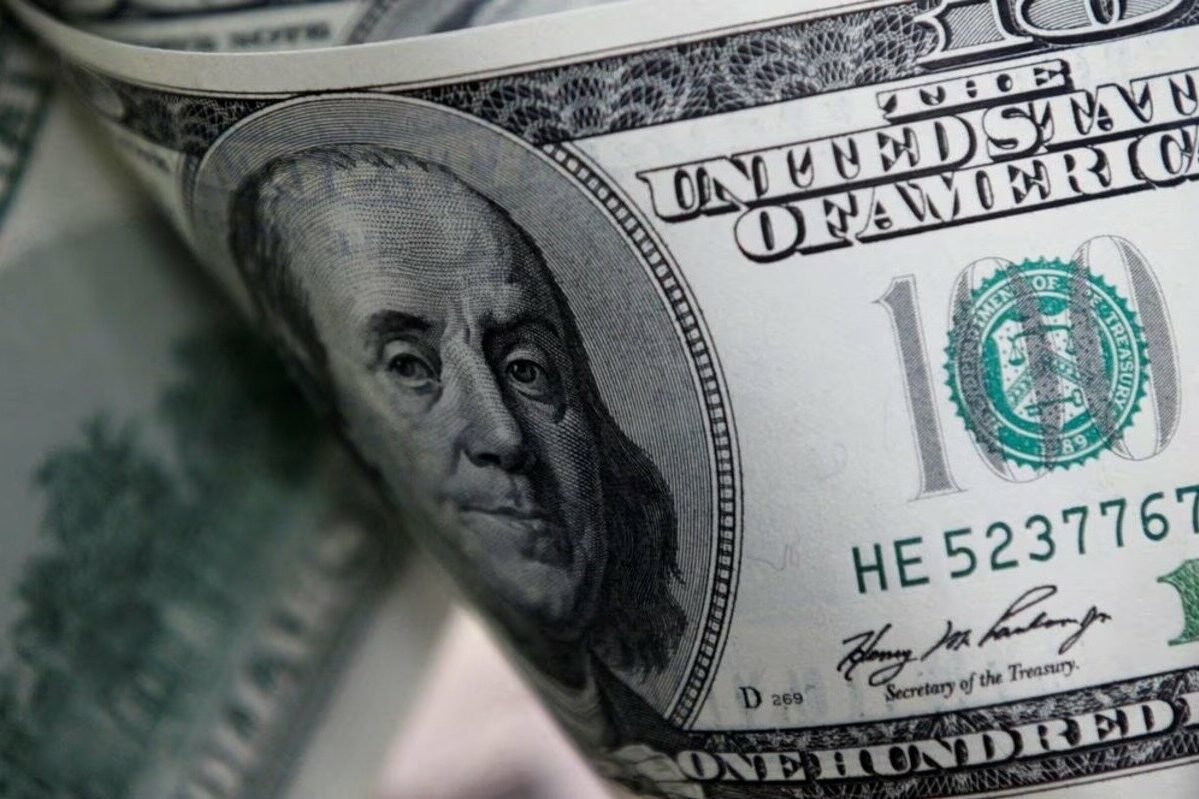According to Swiss banking group UBS, the recent decision by Fitch Ratings to downgrade the U.S. sovereign credit rating by one notch has sparked renewed discussions about the U.S. dollar’s position as the fundamental currency in the global monetary system.
Switzerland’s largest bank stated that there is currently no immediate danger to the greenback’s status. This is despite the debate surrounding the U.S. dollar’s role.
UBS expects a world centered around the U.S. dollar to persist for years to come.
Read more: Fitch downgrades the U.S. credit rating to AA+
Fitch Ratings downgraded the U.S. from its top-tier sovereign credit rating last week, citing concerns over the country’s growing fiscal deficits and a perceived decline in governance. Fitch highlighted the repeated clashes over the debt limit that have occurred over the past two decades as contributing factors to this erosion of governance.
In a move reminiscent of S&P Global Ratings’ decision over a decade ago, the agency downgraded the U.S. by one level from AAA to AA+.
Additionally, Fitch projected that U.S. government debt is anticipated to reach 118 percent of the country’s GDP by 2025. In comparison, the median for AAA-rated nations stands at approximately 39 percent.
According to the most recent IMF survey, central banks continue to hold nearly 60 percent of their reserves in U.S. dollars. The survey focused on the currency composition of global foreign exchange reserves.
Continued importance
Swift data indicates that the dollar is utilized in over 40 percent of all global payments. It also holds an 85 percent share in trade finance contracts. These numbers further solidify the dollar’s dominance in international transactions.
Furthermore, UBS highlighted that the U.S. dollar remains the most liquid currency in the world. It maintains its prominent position in global financial markets.
For more news on the economy, click here.








